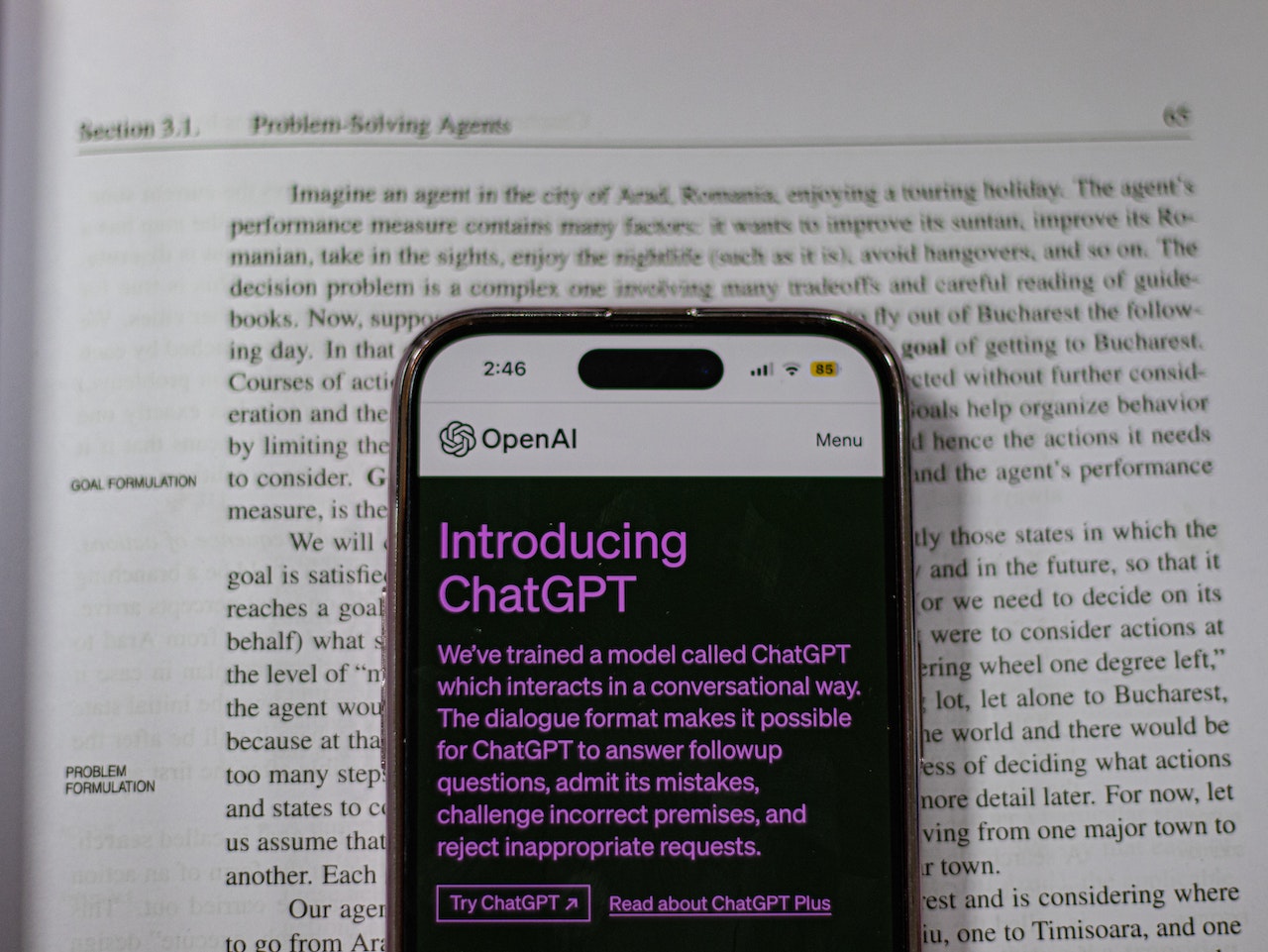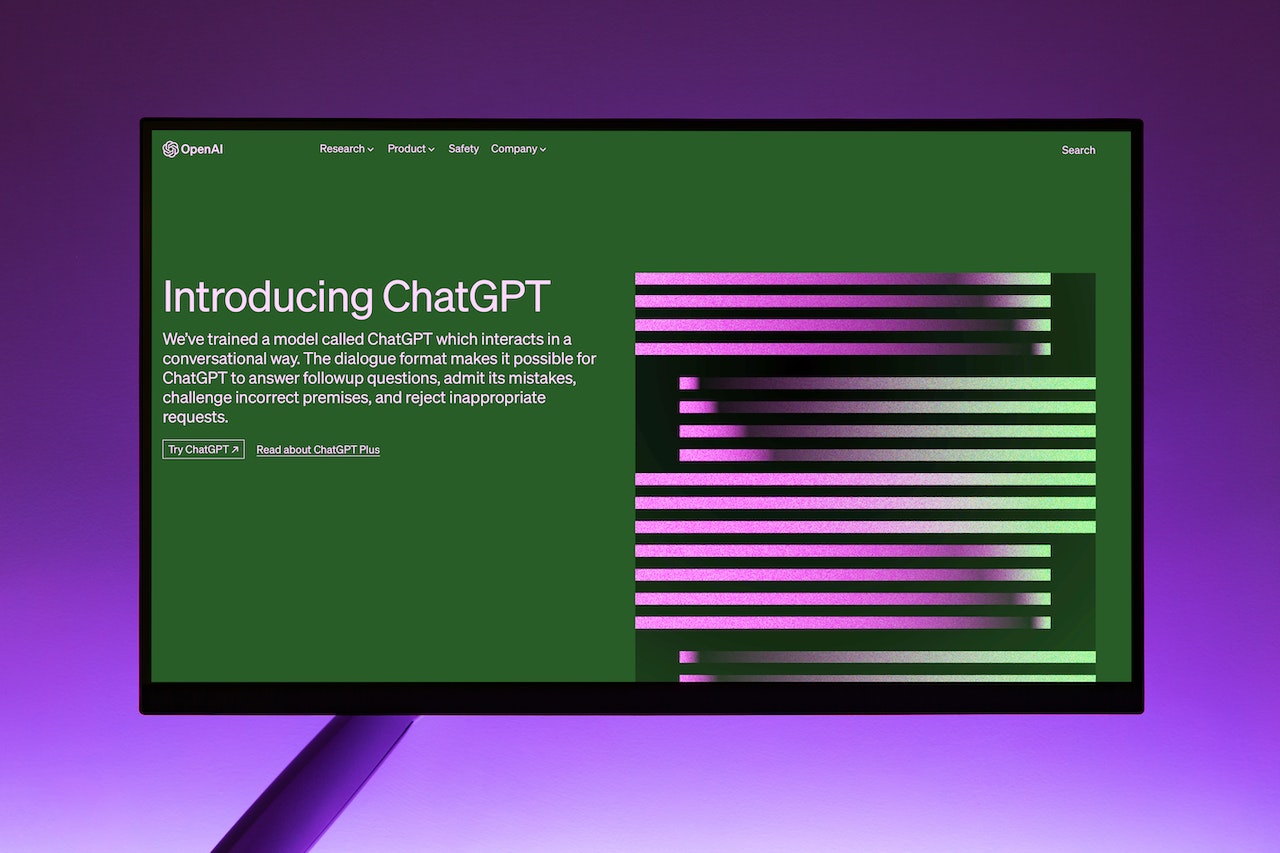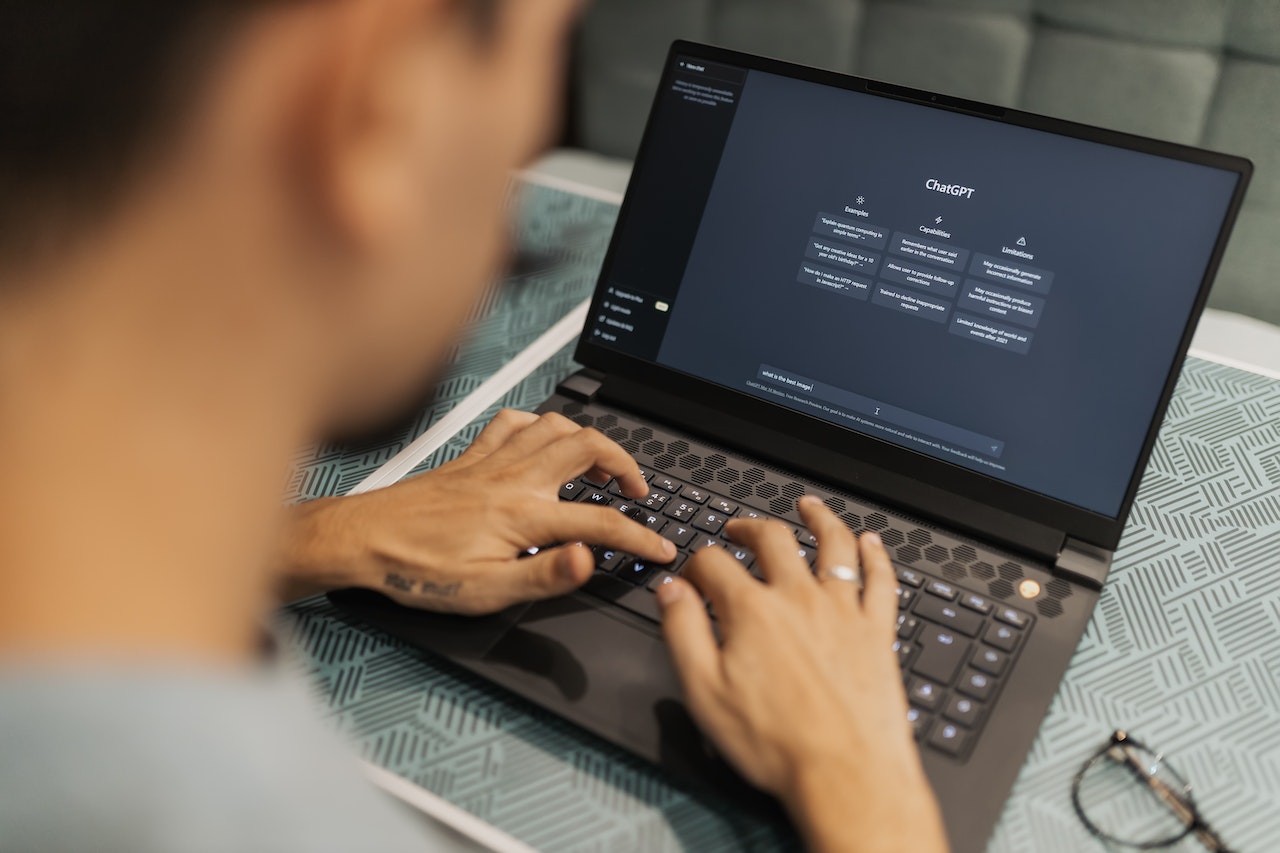Art created by artificial intelligence (AI) is becoming increasingly popular. Some people are even making a living by selling AI-generated art. But is it legal to sell AI-generated art?
Yes, you can sell AI-generated art, as long as you have the proper rights to do so.
The first thing you need to do is check the terms of service of the AI-generated art tool that you use. Some tools allow you to sell the art that you create, while others do not.
Once you have determined that you have the right to sell your AI-generated art, you need to decide how you want to sell it. There are a few different ways to sell AI-generated art:
- Sell it directly to buyers. You can sell your AI-generated art directly to buyers through your own website or online store.
- License your AI-generated art to stock photography agencies. Stock photography agencies sell images to businesses and individuals. You can license your AI-generated art to a stock photography agency and they will sell it on your behalf.
- Sell your AI-generated art as NFTs. NFTs (non-fungible tokens) are digital assets that are stored on a blockchain. They can represent anything from art to music to video games. You can sell your AI-generated art as an NFT and buyers will own the unique digital asset.
No matter how you choose to sell your AI-generated art, it is important to market it effectively. You can do this by creating a strong online presence, building relationships with potential buyers, and promoting your art on social media.
Here are some tips for selling AI-generated art:
- Create high-quality art. Your AI-generated art should be high-quality and visually appealing. Buyers are more likely to purchase art that they find aesthetically pleasing.
- Market your art effectively. Promote your art on social media, your website, and other online platforms. You also have the option to directly contact potential buyers.
- Set a fair price. When pricing your AI-generated art, consider the time and effort that went into creating it, as well as the current market value of similar art.
- Provide high-quality customer service. Respond to buyer inquiries promptly and professionally. This approach will aid in establishing trust and credibility with your customers.
Selling AI-generated art can be a great way to make money and share your creativity with the world. By implementing these suggestions, you can enhance your chances of achieving success.
Here are some additional things to keep in mind when selling AI-generated art:
- Copyright. If you use any copyrighted material in your AI-generated art, such as images, text, or music, you must obtain permission from the copyright holder before selling the art.
- Fair use. In some cases, you may be able to use copyrighted material in your AI-generated art without permission under the fair use doctrine. However, fair use is a complex legal doctrine and it is important to consult with an attorney if you have any questions.
- Trademarks. If you use any trademarks in your AI-generated art, such as brand names or logos, you must be careful not to infringe on the trademark holder’s rights.
- Intellectual property. AI-generated art can be protected by intellectual property laws, such as copyright, trademark, and patent law. It is important to understand your intellectual property rights and how to protect them.
The sale of AI-generated art raises legal and ethical considerations. Copyright laws, for instance, may pose challenges when determining the ownership and rights associated with AI-generated artworks. Additionally, ethical debates arise around the notion of AI as a creative entity. Should AI be recognized as an artist in its own right, or should it be viewed as a tool used by human creators? These questions require careful examination and may shape the future of AI-generated art.
By following these tips, you can avoid legal problems and increase your chances of success when selling AI-generated art.
FAQs
Q1: Are AI-generated artworks considered as valuable as human-created artworks? AI-generated artworks hold their own value and uniqueness. They offer a fresh perspective and appeal to collectors interested in innovative forms of artistic expression. However, the perception of value may vary among individuals, and some may still prefer art created by human artists.
Q2: Can AI-generated art be copyrighted? Copyright laws surrounding AI-generated art are complex and depend on various factors, such as the extent of human involvement and the jurisdiction. It is advisable for artists and sellers to seek legal advice to ensure proper copyright protection for their AI-generated artworks.
Q3: Can AI-generated art be considered as an investment? AI-generated art has the potential for investment value, especially if it gains recognition and popularity over time. However, like any investment, the value of AI-generated art can fluctuate, and it is essential to research and make informed decisions.
Q4: How can artists ensure the authenticity of AI-generated art? Artists can provide transparency about the creative process and the algorithms used in generating the artwork. Additionally, employing technologies like blockchain can help establish the authenticity and provenance of AI-generated art.
Q5: What role do artists play in the creation of AI-generated art? Artists remain central to the creation of AI-generated art. They infuse their unique perspectives, concepts, and intentions into the creative process, acting as collaborators and curators rather than being replaced by AI algorithms.





